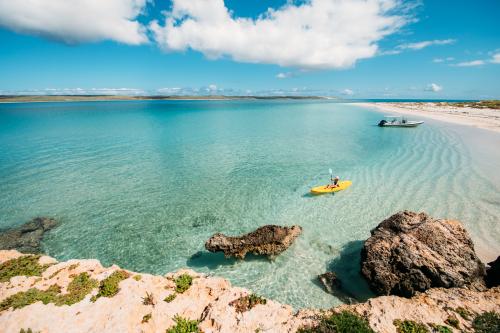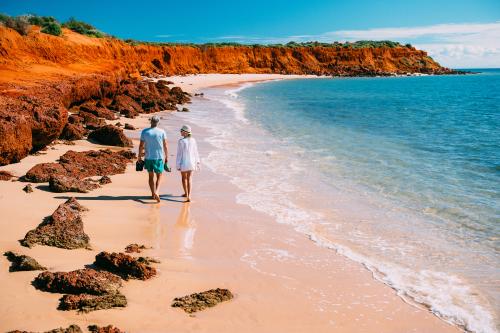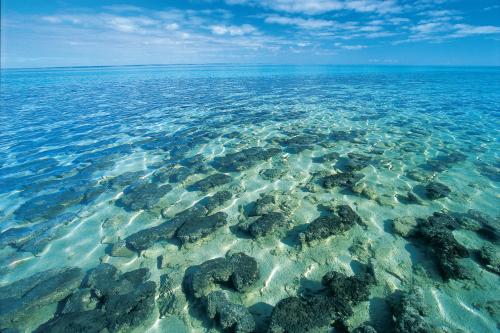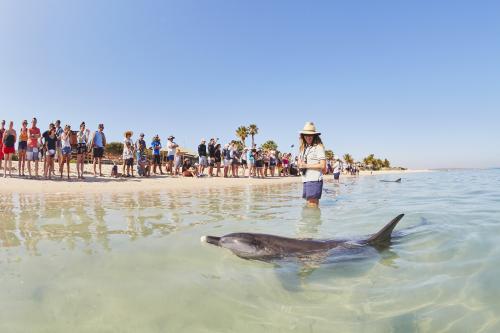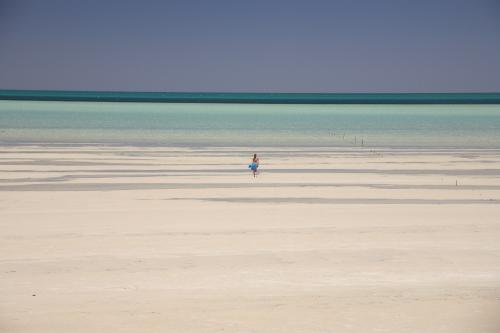Destination information
With its white, sandy beaches, turquoise waters, rust-red sand dunes and abundant wildlife, Shark Bay became Western Australia’s first World Heritage listed area in 1991. The colourful and diverse landscapes, rare fauna and flora and world class examples of Earth’s ecological processes are what qualify Shark Bay for World Heritage listing - the features that make it a truly remarkable place.
If you are heading to Shark Bay, be sure to visit one or all of these places on Australia's Coral Coast.
Remote area travel
Shark Bay is remote - Monkey Mia and some other places are accessible by two-wheel drive but access to much of the area requires a four-wheel drive or boat.
Make sure you're familiar with all the advice and references for further information on the Know before you go page. Away from parks and main roads, you may need the permission of traditional owners or pastoral station managers for access.
There are a number of companies that offer tours by four-wheel drive, air and boat in Shark Bay.
Marine stingers
Though not usually present, the potentially lethal box jellyfish and irukandji do sometimes appear in the area. They are most likely to be found from November until April. Stinger suits may protect the parts of the body they cover. If you are stung, douse liberally with vinegar and seek urgent medical advice.
Climate
Summer temperatures in Shark Bay can be hot. Go to the Bureau of Meteorology for more climate and weather and cyclone information. Visit Park Alerts for all park, road, track and trails closures before you go.
Nature's calendar
Off the Indian Ocean coast of Dirk Hartog Island National Park:
January - March: Whale sharks.
May - November: Manta rays - although present year-round, manta rays appear in much greater numbers at this time.
June - September: Humpback whales - another ocean giant appears in the warm waters to mate and give birth before returning south to the feeding grounds.
November - March: Turtle nesting.
The barge between to Dirk Hartog Island from Steep Point does not operate in the summer months.
